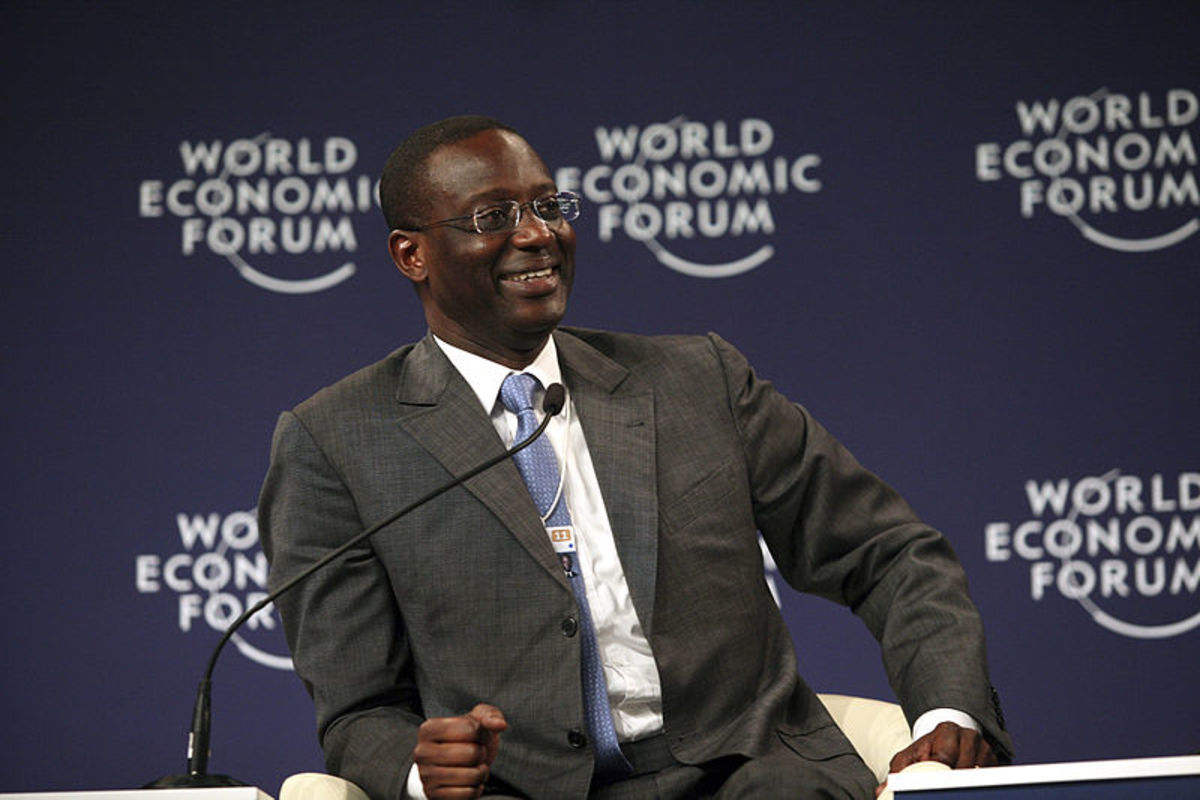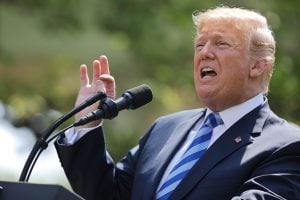Stop the presses! A bunch of people on the internet passionately disagree about something! I know it’s hard to believe, but hear me out, because this time the debate raises important and provocative questions that go to the heart of the legal profession’s evolving identity.
It started with a post on LinkedIn by Julie Savarino that begins “Let’s all stop using ‘NON-LAWYER!’” I recommend taking a few minutes to read the post and the comments it spawned. The basic gist is that the term non-lawyer is “implicitly insulting and offensive” and ought to be stricken from our vocabularies.
As one might expect from a proposal to change the way other people speak, the discussion got heated. Many commenters enthusiastically agreed with Savarino, and they shared their own stories of times they felt derisively written off as a “non-lawyer” despite their substantial training, education, experience, and contributions. Others scoffed at her proposal as PC gobbledygook. “Non-lawyer,” they pointed out, is a facially neutral and descriptive term, and anyone offended by it needs to get over their own insecurities.
Within a week the post had been viewed over 73,000 times, with the likes and comments piling on top of one another. Clearly, Savarino struck a nerve with her followers. The post certainly made me think, as the phrase is relatively common in the industry. After reading Savarino’s proposal, I spent several days talking to my colleagues about it to get their perspectives.
A Necessary Distinction?
Most of the attorneys I spoke to tended to oppose Savarino’s idea — at least initially. Some of it, I think, comes from the impression that Savarino is trying to erase a legally, ethically, and factually important distinction. Governing ethics rules require lawyers to pay attention to the difference on a daily basis. Just this week, I had the opportunity to speak on a panel about whether there’s a legal tech VC bubble at Legalweek in New York City, and the conversation migrated to state ethics rules that limit law firm ownership to licensed attorneys. In that instance, the distinction between lawyers and others was critical for discussing how and where venture capital can flow. Similarly, lawyers are duty-bound to think about the distinction to avoid the unauthorized practice of law.
Part of becoming a lawyer is being trained in the difference that being a licensed lawyer makes. It’s not surprising, then, that lawyers tend to view disallowing terms like “non-lawyer” as functionally difficult, and maybe altogether unworkable. So is the term nothing more than a necessary tool to ensure compliance with controlling ethics rules? Do people just need to get over it?
A Deep History Of Jerkiness
In sharp contrast to lawyers, the legal colleagues with whom I spoke who do not hold JDs almost universally despised the “non-lawyer” phrase. Several suggested it contributes to classism within the legal industry — diminishing their value and contributions. Others viewed it as simply another way lawyers can remind themselves and everyone else of their greatness.
Ego almost certainly plays a part in this discussion. As attorneys, we earn an “Esq.” after our names, and we rarely hesitate to show it off. Being a lawyer makes us feel important in a way we otherwise wouldn’t be. We’re a proud, frankly arrogant, profession that has historically enjoyed a lot of social and professional privileges. And to the privileged, calls for equal treatment of others can sometimes feel like calls for oppression.
The most powerful comments on Savarino’s posts I read were the stories from legal personnel of the outright disrespect the attorneys with whom they work showed for them. Some commenters recalled being divided not just into attorneys and non-attorneys, but also “fee earners” and “non-fee earners,” or even worse, “fee burners.” There’s nothing implicit about that distinction; it flatly characterizes non-attorneys as either adding nothing to the firm’s bottom line, or actively dragging it down.
I’ll add my own story to the pile. I unfortunately once heard an attorney refer to a firm staff member simply as “the overhead.” That’s right, a hard-working human being was referred to the same way we might refer to pens, staplers, or a copy machine. Hopefully most of my fellow attorneys would be aghast to hear a colleague speak like that, but there are sadly probably more than a few in our industry that might nod their heads in approval.
The culture of law is based on a deeply hierarchical, nearly feudal social structure. Lawyers sit at the top, whether they have 30 years of experience or just passed their bar, and everyone else is down somewhere below. That’s how it’s been within the living memory of the profession. When a system has been around that long, it’s easy to internalize it and assume that’s how things always have to be. It’s especially easy to internalize a system when you’re at the top of it.
Liberté, Égalité, Fraternité
It doesn’t have to be this way, and it shouldn’t. Sorry lawyers, like it or not, without the many allied legal professionals with whom you work, you wouldn’t have a job or drive that fancy Mercedes. What’s more, every day, creative “non-lawyer” founders are launching and building legal businesses, and many of our clients are lining up saying they prefer their legal work to ours.
I might be a partner today, but my first job at my firm was as a file clerk. The work I did then contributed to my firm’s success, just the same as the work I do today.
I’m proud of the strides my firm has made toward a more egalitarian structure. The firm used to hold separate holiday parties, one for attorneys, one for staff. We’ve combined them into one. When one of our offices recently relocated, we did away with separate attorney and staff lounges and built one place for everyone to relax in, regardless of job title. Across the industry, there’s been expected resistance to changes like these from some attorneys. I’ve also heard stories of vocal resistance from staff members who prefer not having to deal with attorneys on their downtime. But we’re all on one team, and I don’t think any of us should tolerate a system that creates second-class citizens. Regardless of education, licensure, experience, or history, everyone in a law firm is contributing to serving clients.
While the internet debate about the viability of Savarino’s specific proposal rages on, the emotional heart of her idea is inarguably true. As a profession, we have a long way to go to root out our arrogance and to better value and respect the professionals that allow us to serve clients. Sometimes identifying that someone is not an attorney is appropriate and essential. Plenty of other times, it’s just some narcissistic lawyer being a jerk.
Stop, Think, Act
There’s a sign on a door at grade school my children attend. It says, “Stop, Think, Act.” The advice may be intended for preschoolers, but it applies equally to lawyers. This debate is about much more than just a hot-button phrase; it’s about a defining characteristic of the industry. So, whatever words we use, let’s consider what we’re saying, why we’re saying it, and how we say it.
If the toddlers are expected to do it, so should we.

James Goodnow
James Goodnow is an attorney, commentator, and Above the Law columnist. He is a graduate of Harvard Law School and is the managing partner of NLJ 250 firm Fennemore Craig. He is the co-author of Motivating Millennials, which hit number one on Amazon in the business management new release category. As a practitioner, he and his colleagues created a tech-based plaintiffs’ practice and business model. You can connect with James on Twitter (@JamesGoodnow) or by emailing him at James@JamesGoodnow.com.




 Timothy M. Lupinek is an attorney at Balestriere Fariello who represents companies and individuals in state, appellate, and administrative courts of Maryland. He focuses his practice on complex commercial litigation with thousands of hours of civil, criminal, and regulatory trial experience. You can reach Timothy at timothy.m.lupinek @balestrierefariello.com.
Timothy M. Lupinek is an attorney at Balestriere Fariello who represents companies and individuals in state, appellate, and administrative courts of Maryland. He focuses his practice on complex commercial litigation with thousands of hours of civil, criminal, and regulatory trial experience. You can reach Timothy at timothy.m.lupinek @balestrierefariello.com.











 Kathryn Rubino is a Senior Editor at Above the Law, and host of
Kathryn Rubino is a Senior Editor at Above the Law, and host of 
 Jordan Rothman is a partner of
Jordan Rothman is a partner of